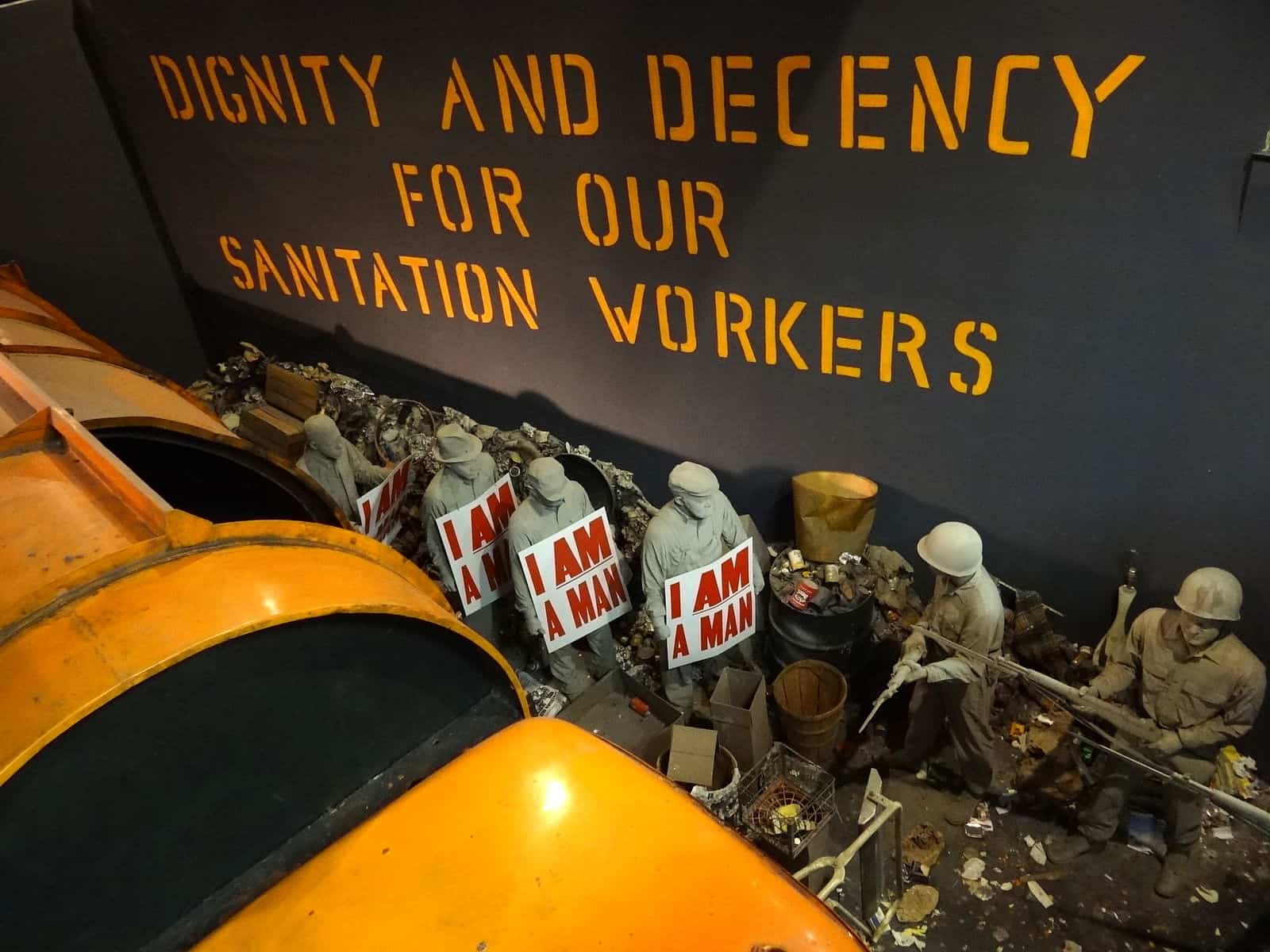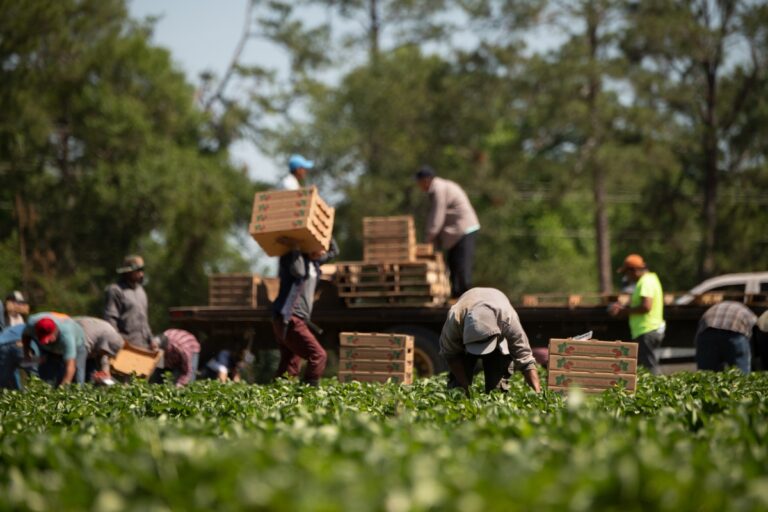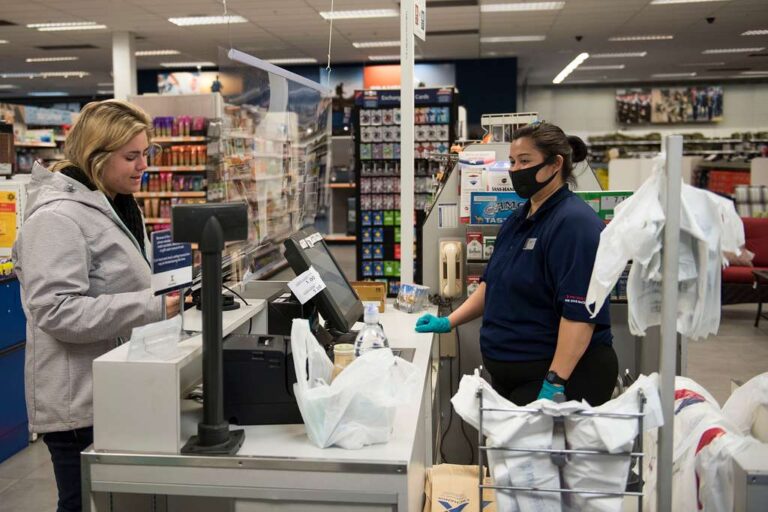
Jon Levitan is a student at Harvard Law School and a member of the Labor and Employment Lab.
The powerful Culinary Workers Union in Las Vegas has sued three restaurants at major casinos on the Las Vegas strip for their failure to protect workers as they have reopened during the pandemic. Eric Weininger, a cook at Guy Fieri at Harrah’s, one of the restaurants sued, said he came into close contact with a coworker who later tested positive for coronavirus. Instead of prioritizing him and his coworkers, Weininger said “[management] was blasé about it” and failed to appreciate the risk it posed to his at-risk son and mother-in-law, both of whom he lives with. The complaint seeks injunctive relief under the Taft-Hartley Act and also alleges that the employers violated Nevada nuisance law. The nuisance theory is that, by failing to keep their workers’ protected from COVID-19, the employers are putting workers, their families, and the community at risk. As Maxwell wrote last week, the public nuisance theory has been successful in two states, California and Illinois, where courts have ordered employers to implement more stringent health and safety measures. The Culinary Union suit, were it to obtain similar relief, would be the first successful suit in the federal courts.
Oregon has become the second state (after Virginia) to announce plans to issue temporary workplace safety standards aimed at protecting workers during the pandemic. There will be one plan for hospitals and another for all other employers. State action has begun partly because OSHA, the federal agency tasked with protecting workplace safety, has failed to act. As Alexandra wrote about earlier this month, a suit filed by the AFL-CIO seeking to force OSHA to issue temporary standards to protect workers from the virus was rejected by the DC Circuit. OSHA, in fact, appears so uninterested in workplace safety that it can’t even get its boss, Labor Secretary Eugene Scalia, to wear a mask for a photo op with the Dallas Chamber of Commerce.
New Orleans sanitation workers, on strike for over two months and replaced on the job by enslaved prisoners, were profiled yesterday by Kim Kelly for The New Republic. Kelly writes that, in a time of uprising against systemic racism, the strikers, all of whom are black, bring to mind the Memphis sanitation workers’ strike of 1968. That strike, precipitated by two black workers being crushed to death by a garbage truck, was where Martin Luther King Jr. made his final public speech before he was assassinated. Janard Taylor, a striking New Orleans worker, said “[t]o connect our struggle to the struggle for Black lives, we look back to 1968 when our brothers from that time were crushed in that garbage truck.”
Amazon’s treatment of workers during the pandemic has been nothing short of egregious: they fired Chris Smalls, a black organizer and sought to racistly smear him as “not smart or articulate,” they fired workers who sounded the alarm on workplace safety, and their disregard for worker safety led to the public resignation of a senior engineer. Now Recode, Vox’s tech vertical, has an extensive report on Amazon’s systematic retaliation against workers who speak up and the long term implications for the American workplace. Stuart Appelbaum, president of the Retail, Wholesale, and Department Store Union, warned against an Amazon-led race to the bottom, “[o]ther employers feel that if they want to survive, they have to find a way to change their working conditions to replicate Amazon. And that’s exactly what we don’t want — we don’t want Amazon to be the model for what working is going to be like, of what the future of work is going to look like.” But Courtney Bowden, an Amazon worker fired for organizing her coworkers to demand paid time off for part time employees, was defiant: “Amazon thinks that they can control all these workers speaking out by firing them…[w]hat they don’t understand is that the amount of people doing this is just going to grow, grow, grow.”






Daily News & Commentary
Start your day with our roundup of the latest labor developments. See all
November 5
Denver Labor helps workers recover over $2.3 million in unpaid wages; the Eighth Circuit denies a request for an en ban hearing on Minnesota’s ban on captive audience meetings; and many top labor unions break from AFGE’s support for a Republican-backed government funding bill.
November 4
Second Circuit declines to revive musician’s defamation claims against former student; Trump administration adds new eligibility requirements for employers under the Public Service Loan Forgiveness program; major labor unions break with the AFGE's stance on the government shutdown.
November 3
Fifth Circuit rejects Thryv remedies, Third Circuit considers applying Ames to NJ statute, and some circuits relax McDonnell Douglas framework.
November 2
In today’s news and commentary, states tackle “stay-or-pay” contracts, a new preliminary injunction bars additional shutdown layoffs, and two federal judges order the Trump administration to fund SNAP. Earlier this year, NLRB acting general counsel William Cowen rescinded a 2024 NLRB memo targeting “stay-or-pay” contracts. Former General Counsel Jennifer Abruzzo had declared that these kinds […]
October 31
DHS ends work permit renewal grace period; Starbucks strike authorization vote; captive-audience ban case appeal
October 30
Sweden’s Tesla strike enters its third year; Seattle rideshare drivers protest Waymo’s expansion in the city.